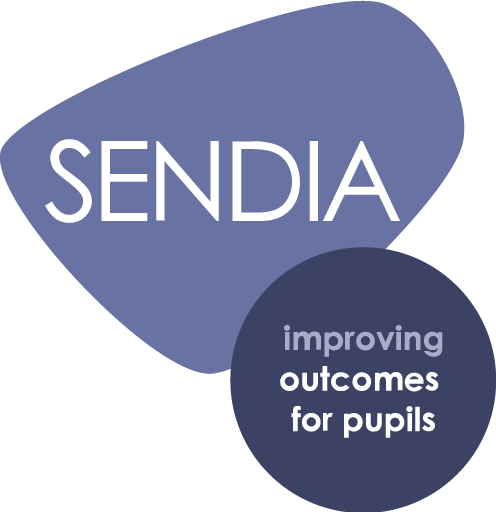The 'assess, plan, do, review' model is worth keeping at the centre of any efforts to improve a school's SEND provision. Here's an example of how it can be put into practice.

Occasionally I’m asked to visit schools and support them with SEND provision as part of a whole-school review.
I don’t do many of these, perhaps five or six each year, but it is always a mutually-beneficial experience. I can’t think of a single school I’ve been to without taking something positive from the experience. I’d like to think that the schools also benefit from my work with them!
Any review must take the views of a range of stakeholders. After all, good SEND provision is about partnerships, keeping the young person at the centre and co-producing the outcomes in partnership with a range of professionals, parents and carers.
I like to ensure a full and engaged day with plenty of opportunity to discuss the issues and get information from a range of stakeholders.
My typical school improvement day is a 12-hour stint; no waiting for a report weeks later, but a full-on day with a presentation and discussion to governors and senior leaders at the end of the day.
Download this example timetable to see what my typical day looks like!
After the day itself I usually produce a short immediate action plan, often focused around:
Thinking about action planning, and using the assess-plan-do-review model as an example, here are some typical suggestions:
Action one: develop use of student passports
To work with existing staff in being able to meet with each student and engage in a ‘learning-to-learn’ (or metacognitive) discussion regarding learning, specific needs and engagement.
My article and short video to support staff in creating student passports can be found with the Successful Classroom Partnerships training pack.
After a period of use, undertake short evaluation of the impact of the Passports; consult pupils, parents/carers and staff.
Student passports have had a significantly positive impact on many schools; ensuring any observations link to the passports, look for reference to specific needs, and that all staff with SEND appraisal targets also support an effective whole-school approach.
Action two: undertake staff audit of training requirements and deliver targeted CPD
Develop and undertake a whole-school audit of staff confidence and understanding – the full audit can be found half-way down this page.
From the responses, develop a ‘top three’ action plan which will allow for specific training and development to support their concerns/needs. After supporting these areas, use the audit again to measure impact.
Sometimes having a ‘menu’ of CPD whereby all staff need to acquire 30 points (for example) of training over the academic year is helpful. SEND CPD can be worth five points while other more routine sessions can be worth two points, for example.
This can be very effective in ensuring SEND is kept high on the agenda for all staff.
Action three: use the Parent/Carer Confidence Measure to analyse parent/carer confidence and improve co-production
Use the parent/carer confidence measure for all pupils with Statements/EHCPs and at School Support Stage.
After results are available, develop an action plan to address parent/carer concerns and support fuller confidence in provision.
It is always most effective to work with a group of parent/carer volunteers on the action points from the confidence measure.
This group, or working party, can meet regularly and support development of proper parent/carer engagement as part of wider co-production.
It goes without saying that any action plan needs to be bespoke to the circumstances and nature of an individual schools or setting.
However, from my experience the three points outlined above are core areas that, if addressed pro-actively and from an evidence base, can provide the foundations for good SEND provision and improved outcomes for young people.
In my experience, this can even be demonstrated against the backdrop of significant educational change and increasing financial constraints.
Morewood, G. D., & Bond, C. (2012) Understanding parental confidence in an inclusive high school: a pilot survey. Support for Learning, Vol. 27 No.2, p.53-58, Wiley-Blackwell Publishing.
 Accrediting inclusion
Accrediting inclusionThe SEND Inclusion Award provides a framework for recognising outstanding SEND provision in schools, and identifying areas that have high or little impact on your pupils' outcomes.